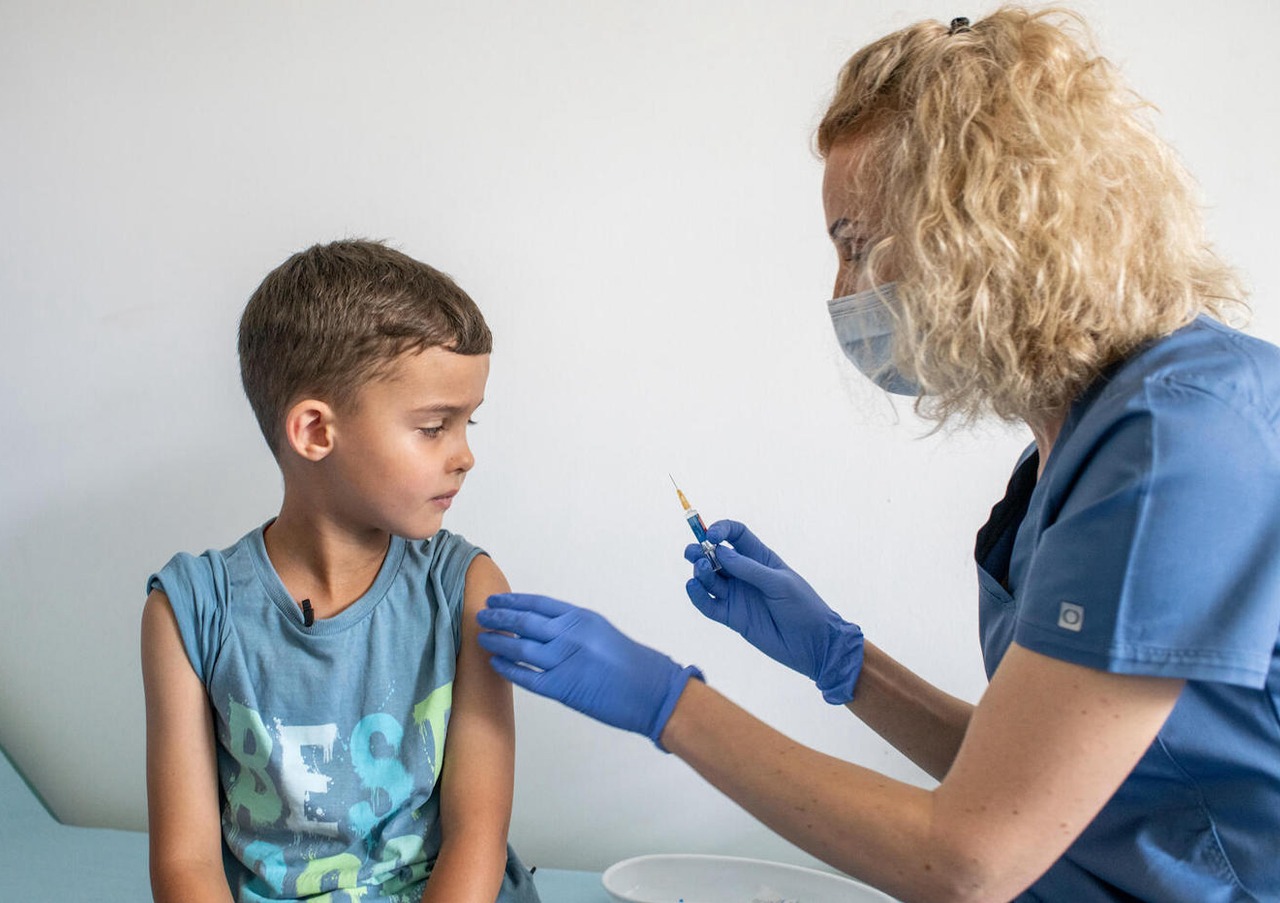
Over 14 million children worldwide remain vulnerable to preventable diseases as immunisation progress stalls.
A troubling picture of global child health emerged this week with the release of the latest WHO and UNICEF vaccination data. Despite modest improvements, over 14 million children didn't receive a single routine vaccine in 2024, leaving them dangerously exposed to diseases we know how to prevent.
The numbers tell a stark story. While 89% of infants globally received at least one dose of the diphtheria, tetanus, and whooping cough vaccine, unchanged from 2023, nearly 20 million children missed at least one crucial dose. Among these, 14.3 million so-called "zero-dose" children never received any vaccine at all.
The disparities are striking. Lower-income countries supported by Gavi, the Vaccine Alliance, actually protected more children than ever before, with coverage rates improving across all supported vaccines. Yet, troubling signs of decline are emerging in wealthier nations that previously maintained strong vaccination programs.
The UK stands out as a particularly concerning example, ranking worst among G7 nations for measles, mumps, and rubella vaccination coverage at just 89%. This trails significantly behind Germany (96%), France, Italy, and Japan (95% each), and even the United States and Canada (92% each).
Such statistics can be transformed into actual pain. In the year 2023 alone, WHO and UNICEF estimate that there were about 10 million cases of measles and the loss of more than 100,000 lives. The count of countries with big outbreaks of measles rose practically twofold, from 33 in 2022 to 60 in 2024, with a similar increase in Europe in one year.
The frustration of health officials around the world was captured by UNICEF Executive Director Catherine Russell: Every child must have the chance to live because everyone knows how to prevent his or her death.
Several factors are converging to create this crisis. Conflict and humanitarian emergencies have devastated vaccination programs in many regions. A quarter of the world's infants live in just 26 countries affected by fragility or conflict, yet these represent half of all unvaccinated children globally.
Funding cuts are also taking their toll. The withdrawal of U.S. support from key health initiatives, including Gavi, threatens to undermine decades of progress. "Our ability to respond to outbreaks in nearly 50 countries has been disrupted due to the funding cuts," warned UNICEF's immunisation chief Ephrem Lemango.
Perhaps most frustratingly, vaccine misinformation continues to spread even in wealthy countries with strong healthcare systems. WHO Director-General Tedros Adhanom Ghebreyesus warned that "drastic cuts in aid, coupled with misinformation about the safety of vaccines, threaten to unwind decades of progress."
Despite the uphill odds, there are bright spots. The HPV vaccine coverage rate has almost doubled since 2019, when it stood at 17%, to 31%. Measles vaccination coverage saw 2 million more children receive an inoculation as compared to the previous year. But as the world goes astray, having only 78 per cent of the world vaccinated, lagging the 2030 target of 90 per cent coverage, and still 30 million children are under-vaccinated against measles, it is high time to address the issue.
The solution requires government commitment, sustained funding, and fighting misinformation. As health experts emphasise, vaccination is both individual protection and collective responsibility, "an act of self-protection and solidarity" that benefits entire communities. Time is running out to protect the world's most vulnerable children from entirely preventable diseases.